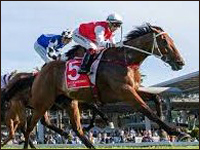 As we embark on a new year, I am reminded of the story of Lawrence – later to become St Lawrence – who was the Deacon of Rome in the 3rd Century. As deacon, it was Lawrence’s job to manage the material goods of the church and distribute aid to the poor.
As we embark on a new year, I am reminded of the story of Lawrence – later to become St Lawrence – who was the Deacon of Rome in the 3rd Century. As deacon, it was Lawrence’s job to manage the material goods of the church and distribute aid to the poor.
When a vicious new Roman Prefect was appointed to the city, he visited the church and demanded that, within three days, Lawrence bring him all the treasures of the church.
On the third day, Lawrence arrived at the Prefect’s door accompanied by all the poor and destitute of the city and declared, “Behold, the treasures of the church!”
The Prefect was so angry at Lawrence’s actions that he immediately had him arrested, tortured and executed.
Having been martyred for his faith, Lawrence was canonised by the church and became one of the church’s most venerated saints.
‘Where your treasure is, there will your heart be also”, says the gospel of Matthew.
Lawrence wasn’t being a smart alec when he went to the Prefect. He believed every word of his declaration, knowing full well the consequences of his actions.
How different to today’s politics where it is said, ‘If it’s honesty you want, stick to horse racing’.
As a nation, Australia started well enough. In the 1890s, as the States and Colonies came together to form a single nation, a number of Constitutional Conventions were held to draw up an Australian Constitution. Throughout those Constitutional debates, God and the Bible were referred to no less than 50 times. For example, the following statement was recorded: “That in the practice of the Federal Parliament, there be a recognition of God, and that power be given to the Governor-General to appoint days of national thanksgiving.” This followed the age-old, God-ordained principle, that the people obey the leaders, and the leaders obey God. That was the deal. The people obey the king – provided the king obeys God! Remove God from the equation and the deal falls apart.
After recognition of God, the family was appointed to be at the forefront of a civilized society.
As we know, society relies on three levels of protection against harm. Level one is a person’s own conscience; level two is the family to keep its members in check; and level three is the police. Nurturing the conscience starts in infancy where childhood connection is vital. More incentive for parents to look after their own children and less emphasis on government-subsidized childcare, please!
For a free society to prosper, people have to be able to control themselves. Teaching self-control starts with the family. The family cultivates within a child the right way to view life and the world around us.
Former Deputy Prime Minister John Anderson said recently, “We live in an age of astonishing disengagement by far too many good citizens in the life of our nation. I suspect that without compulsory voting we’d have up to half the electorate not bothering to vote at all.”
To address this and other political challenges facing us, I have been invited to write a series of articles for the influential blog ‘Political Itch’. Readers can view my first contribution, ‘The Shrinking Forest’, here.
Happy New Year everyone and thank you for your support.
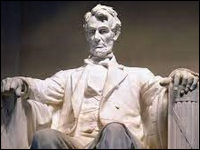 One of Abraham Lincoln’s favorite riddles goes like this:
One of Abraham Lincoln’s favorite riddles goes like this: A fourth-year medical student had just finished top of his class at university.
A fourth-year medical student had just finished top of his class at university.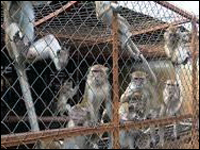 A group of social scientists conducted the following experiment:
A group of social scientists conducted the following experiment: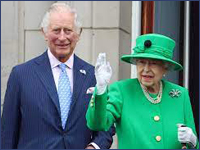 During the Republican Referendum debate in 1999, people would often ask, “The Queen seems like a very nice person, but what exactly does she do that benefits us?” I’d respond by saying, “It’s not what the Queen does, it’s what she stops other people from doing!”
During the Republican Referendum debate in 1999, people would often ask, “The Queen seems like a very nice person, but what exactly does she do that benefits us?” I’d respond by saying, “It’s not what the Queen does, it’s what she stops other people from doing!”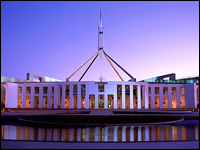 As the late Texas politician Robert Strauss used to say, “You can fool some of the people all of the time – and they’re the ones you need to concentrate on”.
As the late Texas politician Robert Strauss used to say, “You can fool some of the people all of the time – and they’re the ones you need to concentrate on”.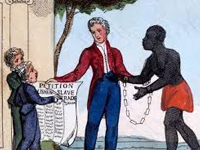 In his fascinating book, A Theory of Justice, the American moral, legal and political philosopher John Rawls promotes an idea called the Veil of Ignorance.
In his fascinating book, A Theory of Justice, the American moral, legal and political philosopher John Rawls promotes an idea called the Veil of Ignorance.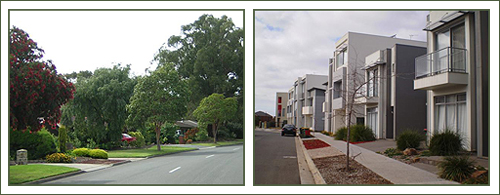
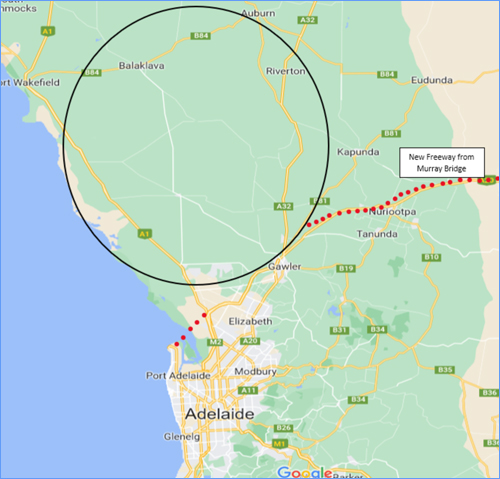
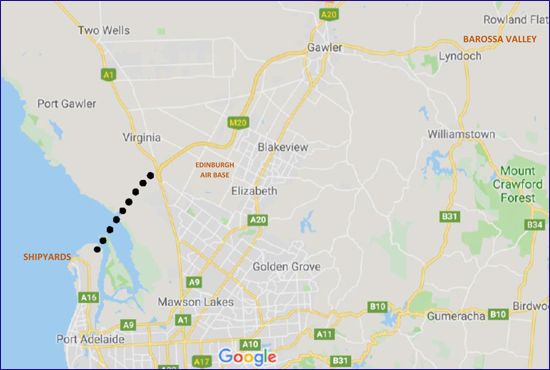
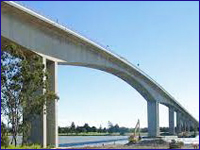 Last week in Part 1 of our MATS Plan Revisited report, we looked at connecting Adelaide’s new maritime defence precinct with the northern Adelaide plains via a new gateway bridge over the Port River. An industry sector this size we said was going to need a massive amount of defence procurement support, including manufacturing, commercial, retail, education, housing, health, and other professional services. In Part 2 of our proposal, we connect these support industries with long-haul freight infrastructure.
Last week in Part 1 of our MATS Plan Revisited report, we looked at connecting Adelaide’s new maritime defence precinct with the northern Adelaide plains via a new gateway bridge over the Port River. An industry sector this size we said was going to need a massive amount of defence procurement support, including manufacturing, commercial, retail, education, housing, health, and other professional services. In Part 2 of our proposal, we connect these support industries with long-haul freight infrastructure.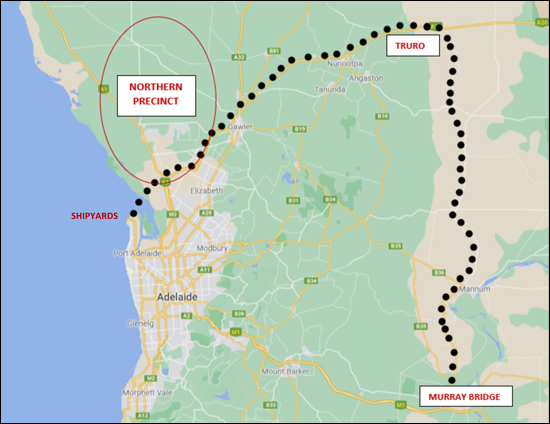
 When John D Rockefeller died in 1937 he was reputedly the richest man in the world. At his funeral were many of his employees as well as a large contingent from the press.
When John D Rockefeller died in 1937 he was reputedly the richest man in the world. At his funeral were many of his employees as well as a large contingent from the press. The ancient story is told of Tarquinius, the last of the seven legendary Kings of Rome.
The ancient story is told of Tarquinius, the last of the seven legendary Kings of Rome.